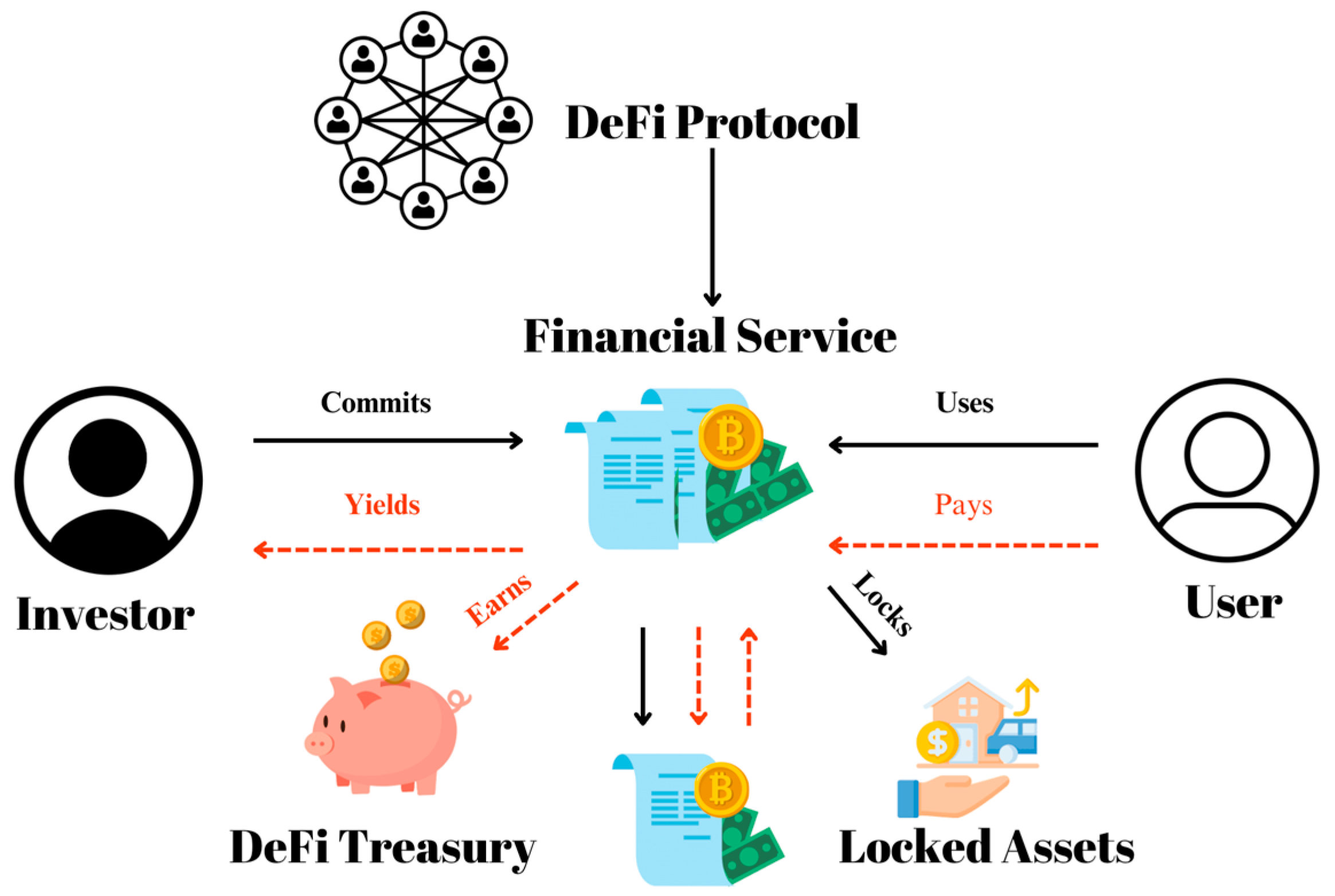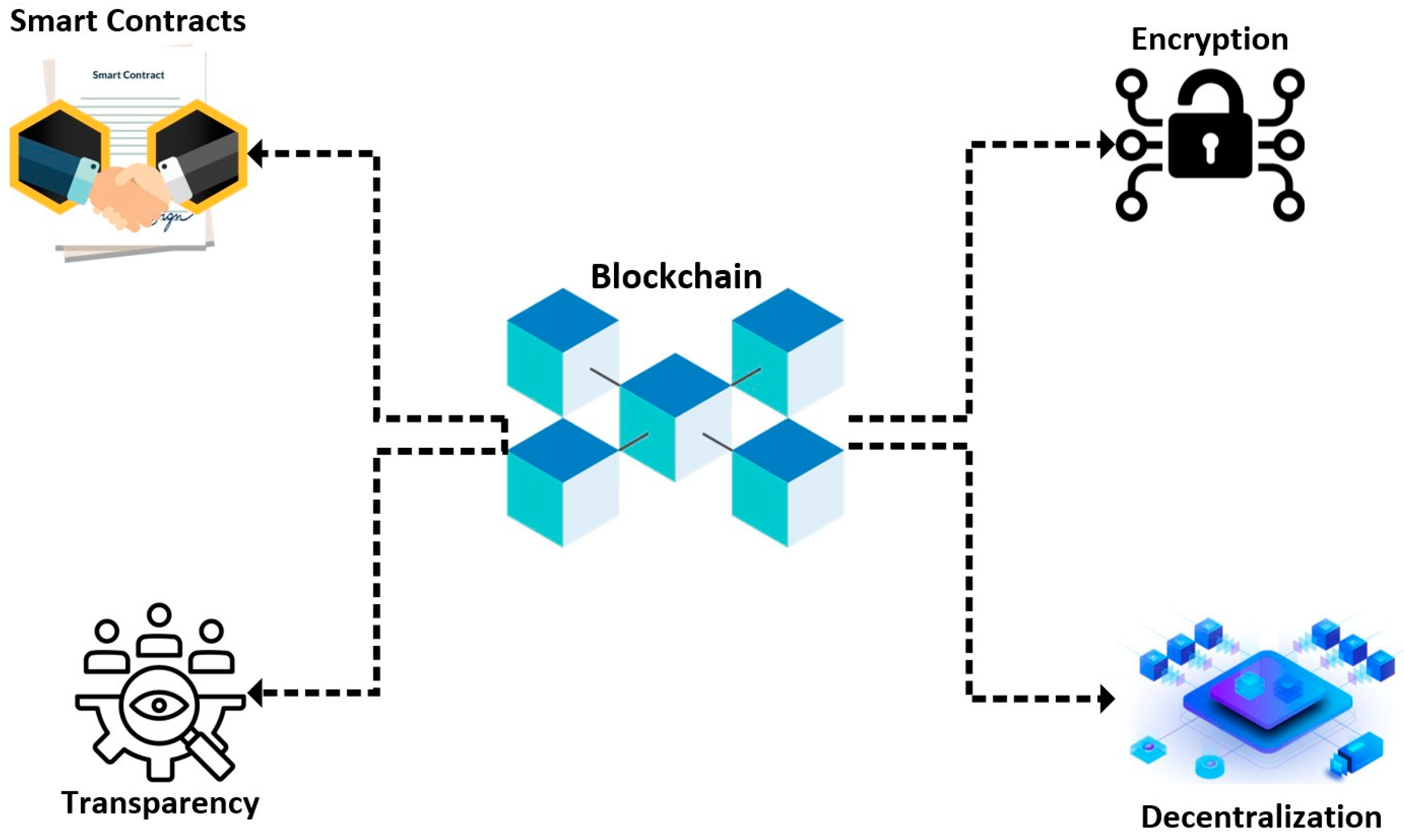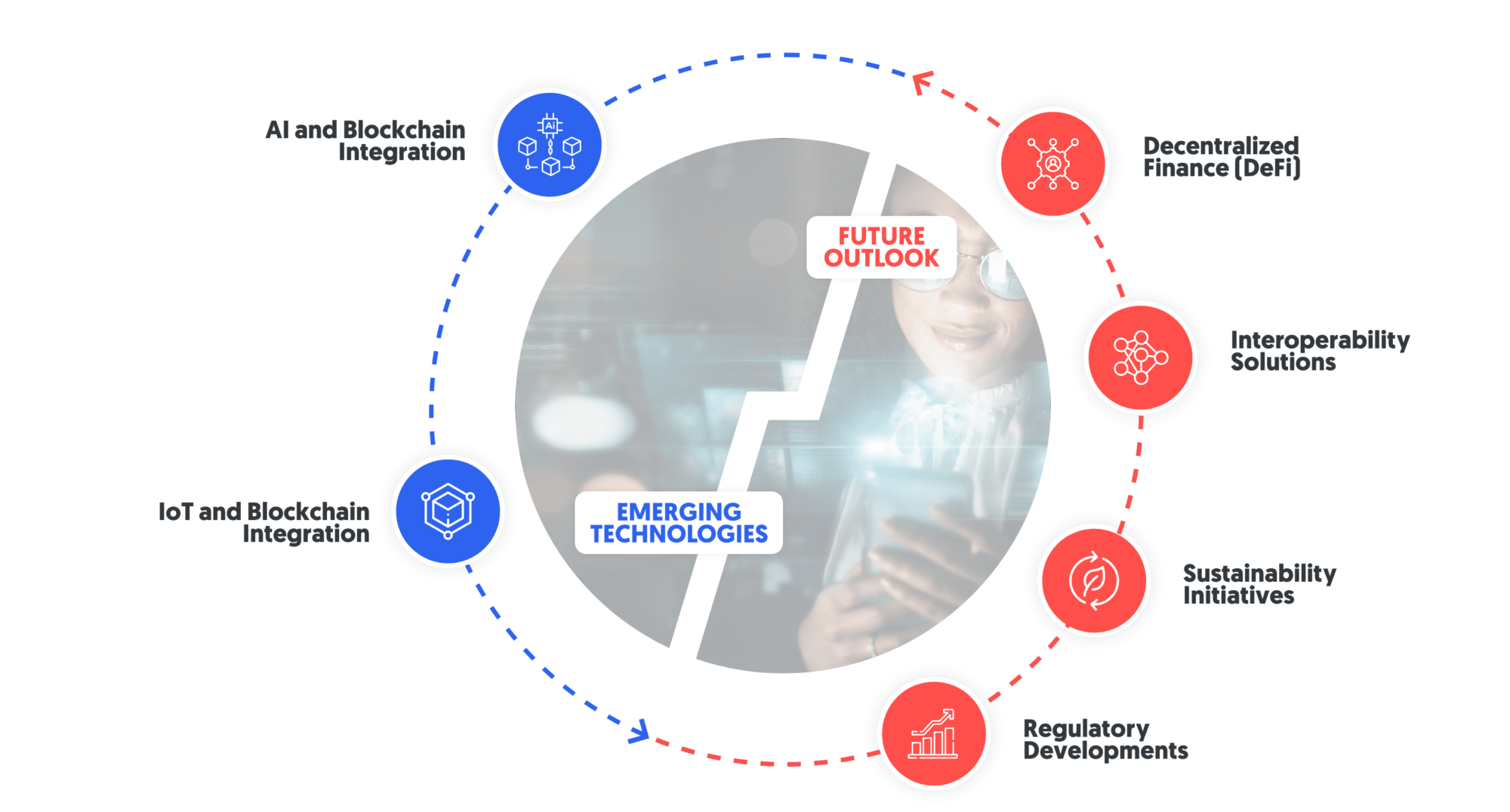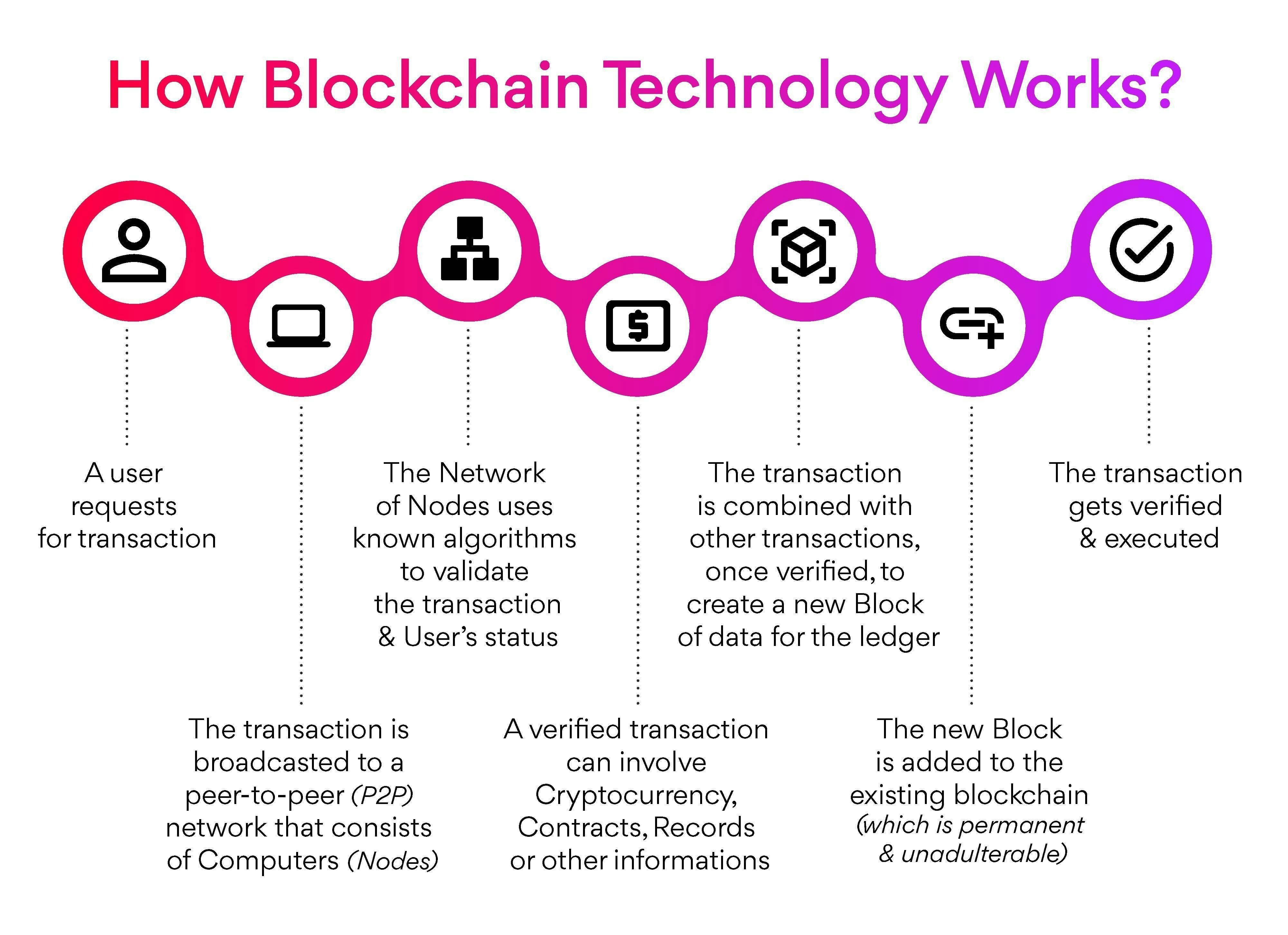How Blockchain Integration is Transforming Financial Systems for the Future
Financial writer covering the latest trends in global economics and cryptocurrency.

Financial writer covering the latest trends in global economics and cryptocurrency.

Blockchain is a decentralized, secure digital ledger. It records transactions across a network of computers.
Each transaction is recorded in a chronological chain of blocks. These blocks are linked together and secured through cryptography.
Traditional financial systems rely on centralized authorities. Blockchain eliminates this need.
It offers a peer-to-peer network. This enhances transparency and reduces the risk of fraud.

Blockchain's decentralized nature ensures higher security. It reduces the risk of cyberattacks.
Transactions are encrypted. They are linked to previous transactions, making it difficult to alter data.
Blockchain facilitates real-time transactions. It improves cash flow and reduces delays.
Banks can bypass intermediaries. This allows customers to complete transactions more quickly.
Blockchain enables the tokenization of assets. Examples include real estate and stocks.
These tokens can be traded on blockchain platforms. It enables fractional ownership and increases liquidity.

Blockchain can reduce infrastructure costs. Juniper Research reports potential savings of over $27 billion by 2030 in cross-border settlement transactions.
Smart contracts automate processes. This minimizes manual intervention and cuts costs.
Blockchain provides an immutable record of all transactions. It enhances transparency.
This traceability is crucial for businesses. It ensures compliance with legal and regulatory standards.
Blockchain simplifies loan approvals. It provides transparent records of creditworthiness.
Identity verification becomes more efficient. Payment processes are accelerated, reducing transaction times.
.jpg)
DeFi is a rapidly growing sector. It allows users to access financial services without relying on traditional institutions.
DeFi platforms are built on decentralized networks. They provide greater control over assets.
Central banks are exploring digital currencies. The Swedish Central Bank is experimenting with the e-krona.
These initiatives aim to explore the implications of introducing a CBDC. They offer faster transactions and support financial inclusion.
Smart contracts automate contract terms. They reduce the need for third-party enforcement.
This automation can significantly reduce costs. It also reduces human error in financial transactions.

The regulatory landscape for blockchain is complex. Different countries have varying legal frameworks.
Banks must navigate these complexities. They must establish clear guidelines for blockchain adoption.
The banking industry relies on a complex network of systems. Many are not compatible with blockchain.
Adopting standardized protocols can facilitate interoperability. Banks can also participate in industry consortia.
Blockchain's transparency can be a drawback. Data privacy is paramount in banking.
Banks can implement permissioned networks. They can use cryptographic techniques to protect sensitive data.

Blockchain enables faster and cheaper cross-border transactions. It eliminates intermediaries and reduces settlement times.
Ripple offers a blockchain-based solution. This allows banks to bypass the traditional SWIFT network.
Blockchain simplifies trade finance. It digitizes the entire process, from issuing letters of credit to verifying documents.
HSBC implemented a blockchain-based platform. It enables secure sharing of trade documents.
Blockchain allows for the tokenization of real-world assets. Banks can issue tokenized assets on blockchain platforms.
This facilitates faster settlement. It enhances liquidity in financial markets.

Blockchain technology is set to transform financial systems. Its decentralized nature offers enhanced security, transparency, and efficiency.
As the technology matures, it will redefine processes. It will create new paradigms where value is brought at every touch point.
Financial institutions must embrace blockchain. They must adapt to stay competitive.
Continuous innovation is essential. The future of finance with blockchain integration is promising. You can read more about this topic in this article on "Exploring the Latest Trends in Blockchain Integration for Financial Systems".
Key Takeaways:
— in Cryptocurrency
— in Entrepreneurship
— in Tech Industry Insights
— in Cryptocurrency
— in Personal Finance